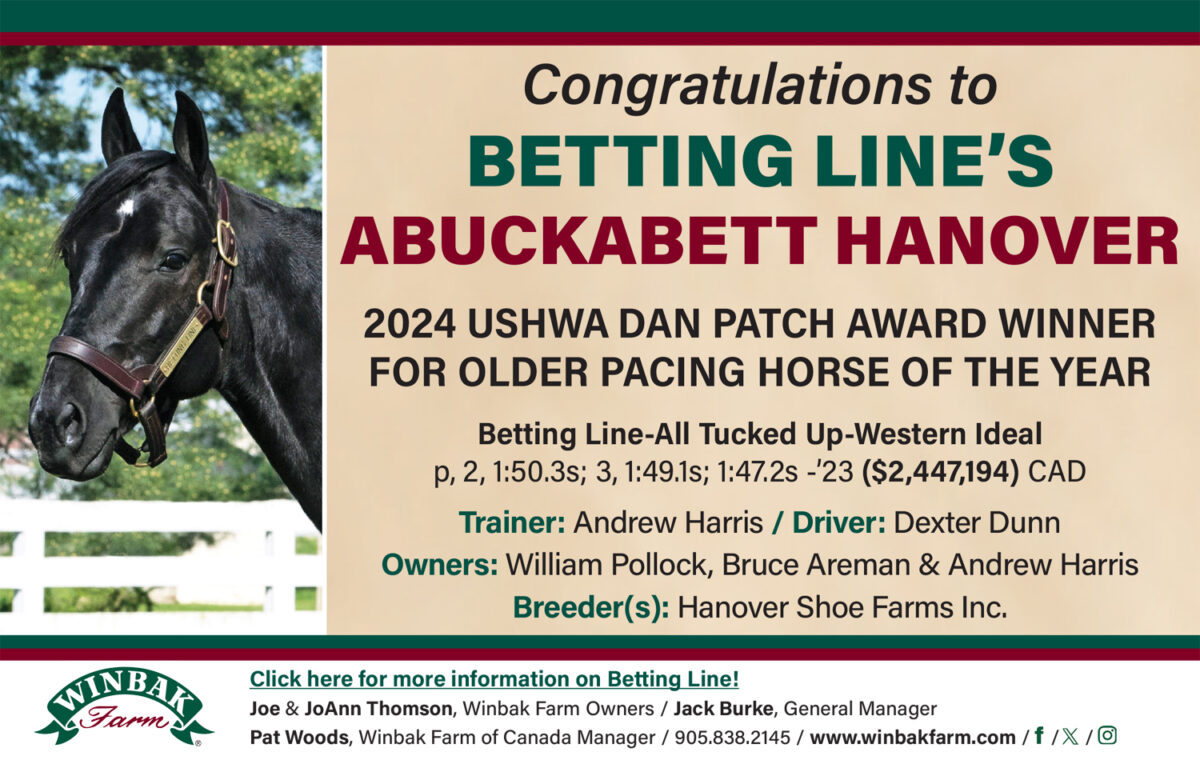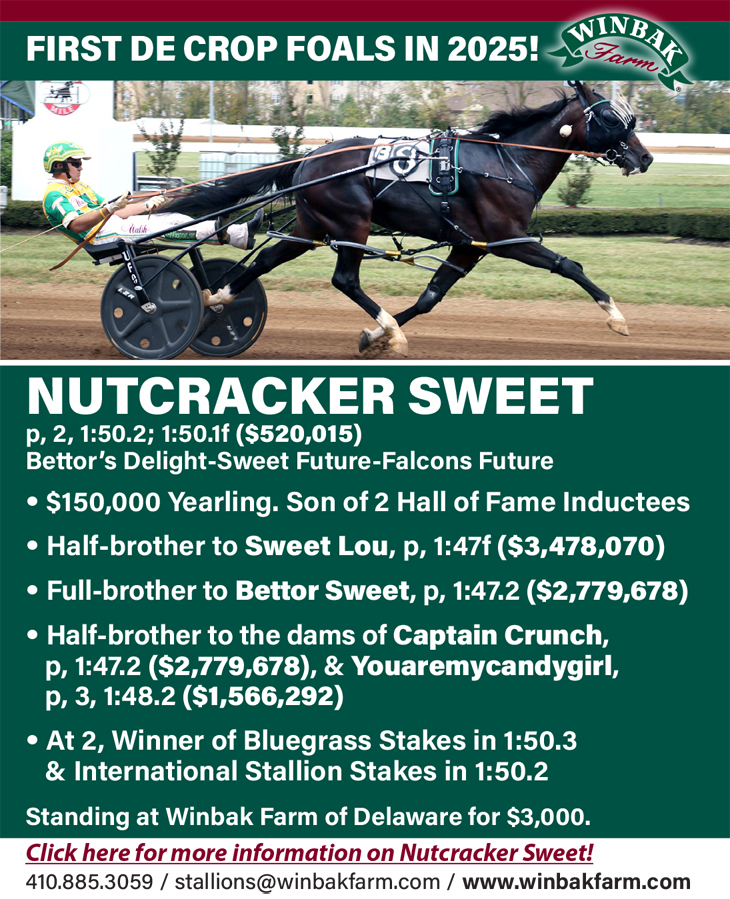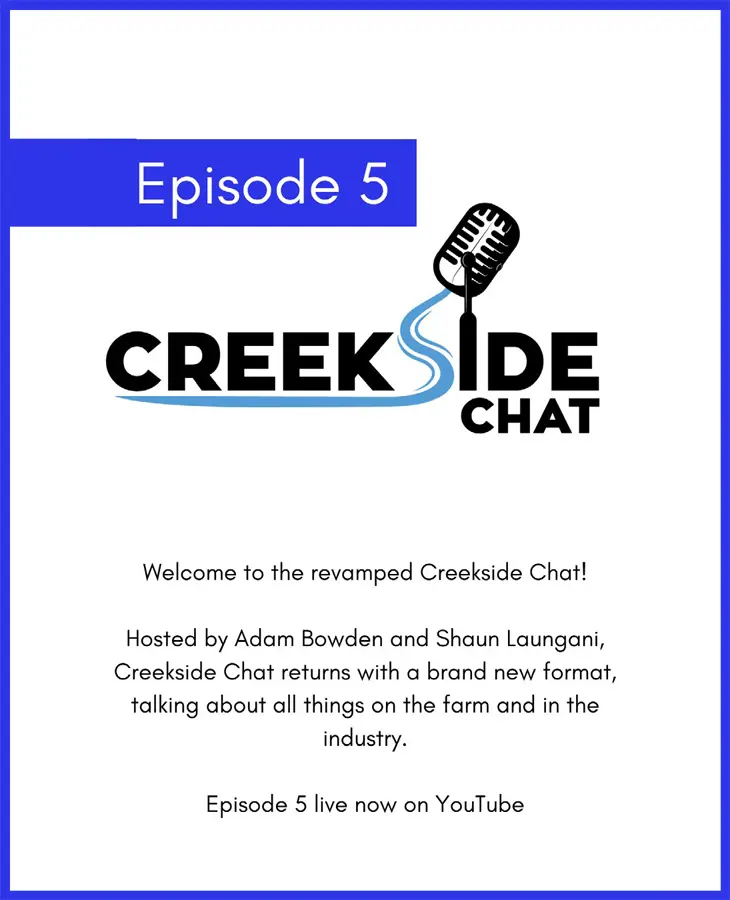
Salute to Wallenius-Kleberg, Becker and Siegel
The Hall of Fame trio will join others in being enshrined tonight in Goshen, NY.
by Dean A. Hoffman
Horse owners love the winner’s circle. They love the smiles and backslaps, the posing and the photos. And why not? Every owner pays the bills on a lot of sick, lame and lazy horses, and that’s why a moment in the winner’s circle is so special.
Margareta Wallenius-Kleberg likes being in the winner’s circle, too, and she’s been front and center in winner’s circles in North America and in Europe. But her love for trotting goes far deeper than the winner’s circle.
She can take as much pleasure strolling through the fields of her resplendent Menhammar Stuteri outside Stockholm as being in the winner’s circle. Her broodmares are like family members and their foals are almost like Margareta’s own children.
She can also take great joy simply standing in the Florida sunshine watching her young trotters learn to become racehorses. She knows all too well that some may succeed and others may not. It’s like watching children mature and become adults.
In her quiet, behind-the-scenes style, Margareta has contributed immeasurably to the world of trotting both in Europe and in North America. She does it not for the glory but because she simply loves the game. She loves the game a lot. And she wants others to love it as she does. We’ll surely never know how many people she has encouraged and assisted to share her passion for the sport.
Tonight, Margareta will be inducted into the Living Hall of Fame in Goshen and those who know her best appreciate how deserving she is of this honor. She is immensely respected by trotting devotees on both sides of the Atlantic and has long been a major contributor to Swedish trotting tracks and to the breeders association. In North America, she has been a major breeder and owner and a forceful member of The Hambletonian Society.
She inherited her love of trotting from her father Olof, a shipping magnate who had the great fortune to own Big Noon, a trotter whose exploits during the World War II years in Europe are legendary. The trotter was a sports hero capable of drawing huge crowds to the trotting tracks of the continent.
Margareta was just a young girl then, but she knew Big Noon during the years when he had a limited stallion career when her father was building Menhammar into a breeding farm.
Her first foray into North America trotting circles came when she bought a yearling filly named Eager Lassie from Stoner Creek Stud. That led to a friendship with Stoner Creek co-owner Norman S. Woolworth and she imported his Hambletonian heat winner Zoot Suit as a stallion in Sweden.
Perhaps some Swedish breeders snickered at her American import because he was out of the pacing mare Glad Rags by Greentree Adios. Pacers — even champions like Glad Rags — were strictly verboten in Sweden and Zoot Suit was a hard sell to Swedish breeders at first.
But when his offspring began winning — and winning major races — public opinion changed rapidly.
Margareta shared Woolworth’s international perspective on the sport and also shared his delight in tagging her yearlings with humorous names. Earlier this year she sold some yearlings at a late May auction in Stockholm and here are just three of the names of the Menhammar hopefuls:
For a colt out of Hot Pants, the name “Cold Feet” was chosen. (Interestingly, her friend Woolworth owned a mare named Hot Pants at Stone Creek Stud years ago).
For a colt from the mare Release Party, the named “Campagne de Press” was selected.
A filly named “Close Look” is out of the mare Long Distance.
Margareta has never sought the spotlight but she is richly deserving of the honor of a Hall of Fame induction.
Becker the soundtrack of the midwest
I was one of the post-war baby boomers and it’s been said that The Beatles were the soundtrack of our generation.
If that is true, then Carl Becker was the soundtrack of the Midwest Grand Circuit as long as I could remember. It was Carl’s voice you heard when you watched the World Trotting Derby or the Fox Stake years ago. It was Carl’s voice you heard when you watched the Kentucky Futurity at Lexington or watched Niatross in his epic 1980 time trial.
It was also Carl’s voice that you heard when you went to horse sales here, there, and everywhere. He was a pedigree reader par excellence. It came so naturally to him. He wasn’t simply reading names in pedigrees: Carl knew that best horses from each family and knew their accomplishments because he’d seen them race often.
Carl Becker was hardly a bystander in harness racing because he was the high bidder on many horses over many decades for his own account. He bought, he bred, he sold, and he made money in the process.
Carl also proved to be a superb sire as his son Kurt has followed in dad’s footsteps as a race caller and pedigree reader at the highest levels in the thoroughbred game. Kurt has his father’s mastery of his profession both in the announcer’s booth and on the auction stand, and he also has his father’s wry sense of humor. (I don’t know, however, if Carl shares Kurt’s cottage cheese fetish).
Personal reflection on Siegel
Another deserving member of the Hall of Fame class of 2018, Jules Siegel, is being profiled elsewhere in Harness Racing Update, but I will share one personal recollection about him that meant a lot to me.
A decade ago I owned a royally-bred trotting mare that proved to be a problem child. She had an emergency C-section and lost a Lindy Lane colt and then took a holiday from getting in foal for a few years. I got finally got a foal that was very weak at birth and never fully matured.
I bred the mare to Siegel’s stallion Broadway Hall and got the colt of my dreams. As bad as the filly was, this colt was outstanding. He had superstar written all over him — at least in my eyes. I liked him so much that I registered him under the name Montgomery, the suburb of Cincinnati where I grew up and where my ancestors have lived for two centuries.
I was at an American Horse Publications meeting in Seattle when I got a call that the colt was ill and needed surgery. I gave the go-ahead and tended to business. The next time I called I learned that the colt didn’t survive.
Not long thereafter, I received a refund check of the stud fee from Jules Siegel, owner of Broadway Hall. He sent a note saying that he was sorry to hear about the death of the colt. He had no obligation whatsoever to refund the stud fee; the colt stood and nursed, and I paid. Losing a foal is never fun, but if you own livestock sooner or later you will own dead stock. It happens. Getting a refund of the stud fee was clearly just a courtesy by Mr. Siegel — and it’s one that tells me a lot about his character.
I am happy that Jules Siegel is joining Margareta Wallenius-Kleberg and Carl Becker in to the Hall of Fame. They are a richly deserving trio.













